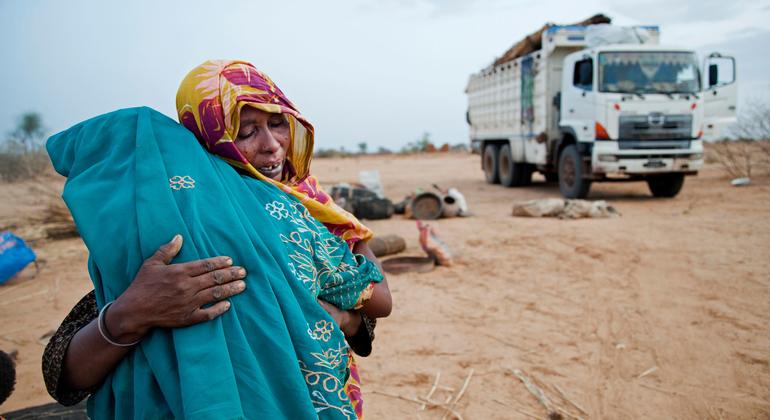The recent attack on South Hospital in El Fasher, Darfur, has sparked outrage and concern among humanitarian organizations and the international community. The World Health Organization (WHO) expressed its shock and dismay at the closure of the hospital, which was the only facility in the region with surgical capacity. This closure has put immense pressure on the two remaining hospitals in the area, further limiting access to critical lifesaving services for the local population.
Reports indicate that Rapid Support Forces (RSF) soldiers stormed the hospital, causing chaos and destruction. Médecins Sans Frontières (MSF), the NGO that helps to operate the hospital, reported that the armed fighters not only attacked the staff and patients but also stole equipment and an ambulance. The brazen assault on a medical facility, a place that should be neutral and protected, is a clear violation of international humanitarian law.
In a related incident, another health facility in Wad Al-Nura in Al-Jazirah state was targeted, resulting in the death of a nurse who was actively caring for patients. The WHO strongly condemned these attacks on healthcare facilities, emphasizing that health workers and patients should not have to risk their lives to provide or access essential medical services. These attacks not only endanger the lives of healthcare workers but also deprive vulnerable populations of crucial medical care in times of need.
The United Nations human rights chief, Volker Türk, joined the chorus of condemnation, highlighting the use of heavy artillery and wide-area effect weapons by the RSF in the attacks. The evidence gathered by his office pointed to a brutal and indiscriminate assault on civilians, further exacerbating an already dire situation in the region. Mr. Türk warned that the escalating violence in El Fasher could lead to a catastrophic impact on civilians, particularly the 1.8 million residents and internally displaced people who are besieged in the city and at risk of famine.
The humanitarian crisis in Sudan, exacerbated by the ongoing conflict and violence, is rapidly spiraling into the world’s largest hunger crisis. The UN World Food Programme (WFP) reported that 18 million people in Sudan are acutely food insecure, with nearly five million facing emergency levels of hunger. This dire situation is worsened by the limited access to affected areas due to heavy fighting and restrictions on humanitarian aid delivery.
The WFP issued an urgent appeal for funding to address the growing food insecurity and prevent a humanitarian catastrophe. The organization emphasized the critical need for support to reach vulnerable populations and provide life-saving assistance in the midst of the escalating crisis. The international community must come together to provide the necessary resources and support to alleviate the suffering of the people in Sudan and prevent further deterioration of the situation.
The attacks on healthcare facilities and the worsening humanitarian crisis in Sudan are a stark reminder of the urgent need for a peaceful resolution to the conflict and the protection of civilians in the region. The international community must take immediate action to address the root causes of the crisis, ensure access to essential services, and support efforts to promote peace and stability in Sudan. Failure to act swiftly and decisively could result in catastrophic consequences for the people of Sudan and further destabilize the region.









